
The CDC shares ACIP’s recommendations regarding the prevention and control of seasonal influenza with vaccines for the 2017-2018 season.

The CDC shares ACIP’s recommendations regarding the prevention and control of seasonal influenza with vaccines for the 2017-2018 season.

Those US residents affected by Hurricane Harvey need to be mindful of rodent-borne infections that can spread from displaced rodents.
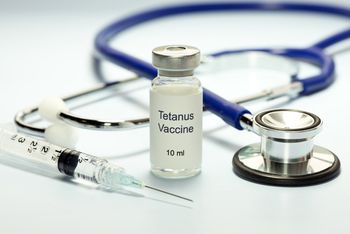
As Hurricane Harvey continues to dump heavy rains on Texas, health officials are urging residents to stay away from floodwater and get tetanus shots.
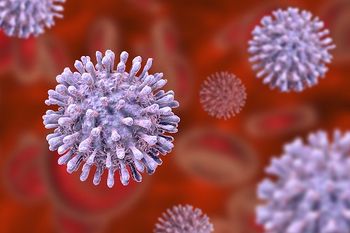
Living longer with HIV means that dying from cancer becomes more of a possibility.
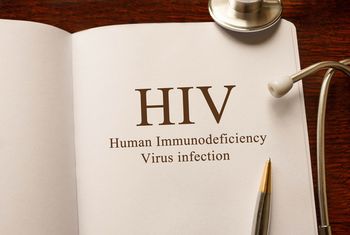
Scientists from Northwestern Medicine use a novel approach to gain a better understanding of the HIV lifecycle.
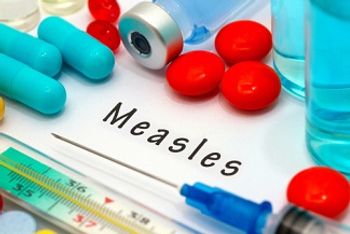
A measles outbreak that affected 79 individuals in the state of Minnesota this spring and summer 2017 was recently declared “over” by the Minnesota Department of Health (MDH).

The FDA approves meropenem-vaborbactam (Vabomere) for the treatment of adult patients with complicated urinary tract infections, including those with pyelonephritis.

With federal and state officials rescuing Texas and Louisiana residents from the floodwaters of Hurricane Harvey, health experts are looking into the storm’s impact on mosquitoes carrying West Nile and Zika viruses.

Aetna, the third-largest insurer in the United States, inadvertently sent HIV-positive patients letters that revealed their HIV status through a large, clear window envelope.
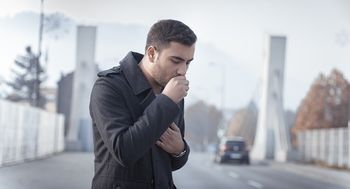
The results of a new study from the United Kingdom reveal that oral prednisone had no effect on the severity and duration of symptoms in adult patients suffering from bronchitis.
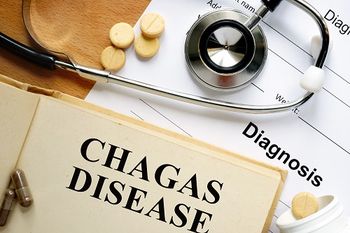
Benznidazole has been granted accelerated approval by the US Food and Drug Administration for use in children aged 2 to 12 years with Chagas disease.
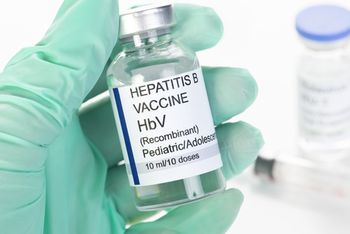
In an updated policy statement, the American Academy of Pediatrics recommends newborns receive their first dose of the hepatitis B (HBV) vaccine within 24 hours of birth to improve protection against the virus.

Kedrion Biopharma and Kamada Ltd. recently announced that KEDRAB, a post-exposure prophylaxis to be used against rabies infection has just been approved by the FDA.

To paraphrase Anthelme Brillat-Savarin, “we are what we eat”—Especially when it comes to antimicrobials and food-producing animals.

One study has found that pregnant women were more likely not to have their children vaccinated on time, after receiving negative information on vaccines from their friends and family, even after receiving positive information from their doctors.

Flood waters bring an increased risk of these potentially-deadly infections.

Shedding light on the perils of faulty personal protective equipment.
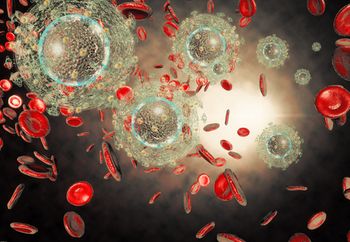
A recent UNC study found that about one-third of HIV-positive patients with low viral loads chose to ignore federal guidelines to begin ART.
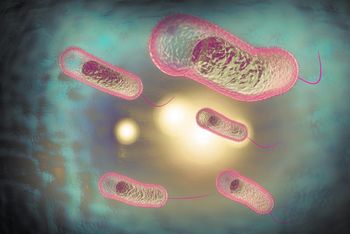
A recent review looking at research literature finds that cholera vaccines provide substantial protection for adults, but significantly less protection for children.

Proton pumps inhibitors present risks for individuals living with HIV, dalbavancin can treat MRSA-related pneumonia, probiotics prove deadly against C. difficile, patient involvement increases healthcare practitioners’ hand hygiene, and why delafloxacin is a unique antibiotic for skin infections are the topics that make up this week’s Top 5 articles.
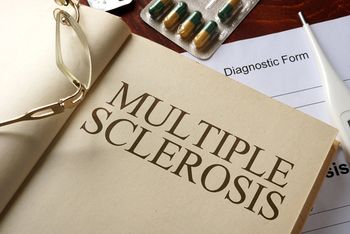
A recent study investigates what causes relapse in those with multiple sclerosis and sought to glean insight into the brain activity of patients with MS during respiratory infections.
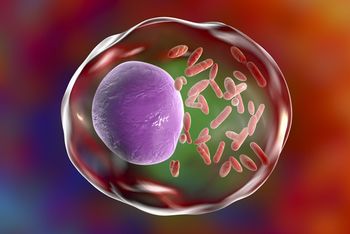
As cases of murine typhus in Texas are on the rise and occurring in more counties in the state, researchers are investigating the spread of the flea-borne disease.

Negative pressure isolation rooms will be in high-demand during an outbreak of SARS, MERS, or pandemic flu, but how will we meet these needs?
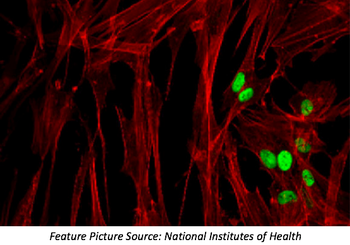
NIAID researchers make an unexpected discovery when examining how a cellular enzyme complex regulates herpesvirus; inhibiting the enzyme suppressed viral infection.
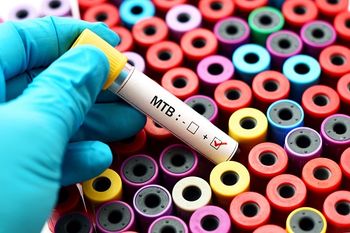
Using a computer model to stimulate the effect of 3 fluoroquinolones against tuberculosis, researchers were able to narrow down which one was most effective.

Proton pump inhibitors present risks to all patients, but those with HIV are especially advised to be cautious in using them.
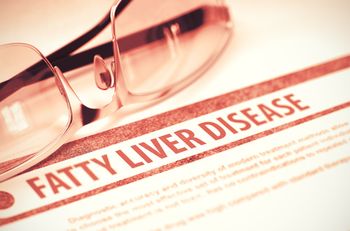
Researchers elucidate the prevalence of hepatic steatosis in patients infected with HIV, as well as in patients coinfected with HIV and HCV.
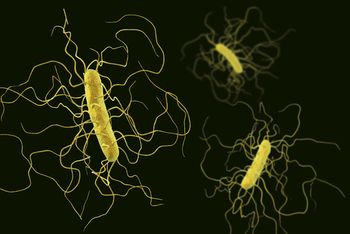
While antibiotic resistance continues to lead to deadly Clostridium difficile infections, a team of researchers has found that a probiotic may offer a new way to kill the superbug.
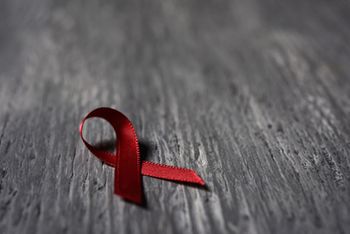
Dr. Brennan-Ing, ACRIA, shared in a presentation at the 125th Annual Convention of the American Psychological Association that a growing population is being overlooked when it comes to HIV treatment and prevention: older adults.
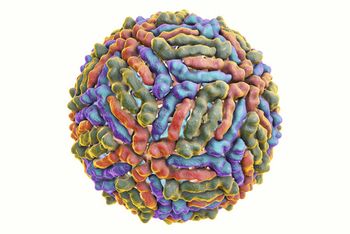
New West Nile virus cases are being reported by states in the South, Midwest, and West Coast region, as health officials look to September and the end of the season.